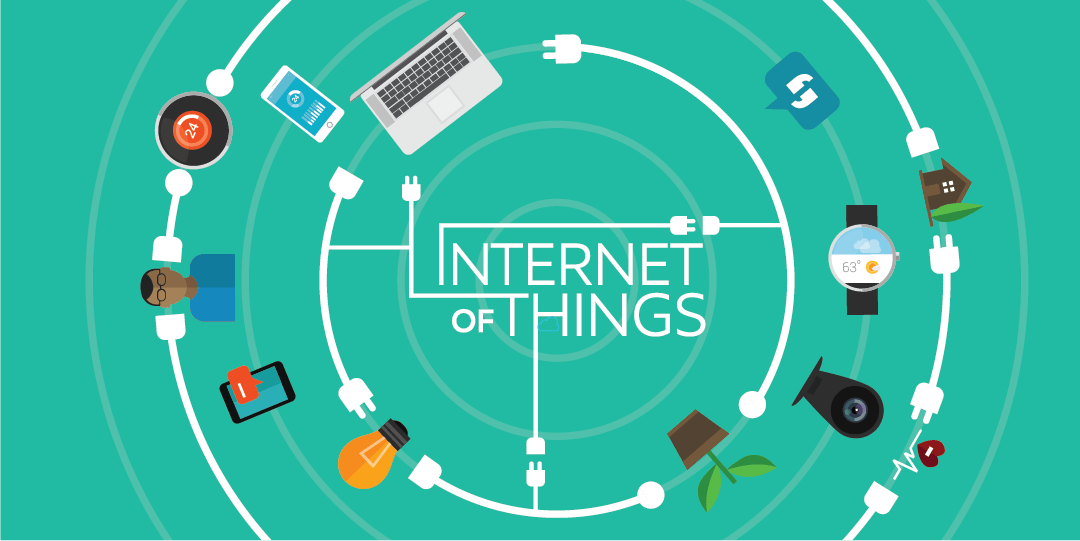
With great technology comes great responsibility. That’s what we have today – incredible advances in technology that enable businesses and their employees to communicate and work in ways that are more effective and efficient than ever before. And that’s a very good thing. However, technology isn’t without its risks, and any time you’re dealing with the Internet, Wi-Fi networks and cloud computing, there are certainly a bevy of risks that any individual or business opens themselves or itself up to. One emerging trend in the business world is that of the Internet of Things. Here’s a look at what it is and what risks it poses:
The Internet of Things Explained
So just what is the Internet of Things? Better known as just “IoT,” it’s the simple concept of connecting every electronic device to the Internet. Hence, IoT is basically a giant network of connected devices. Ideally, the IoT is going to improve quality of life through electronic automation, as so many more things are able to be streamlined when connected in this manner. People can get better information faster, save money and time, and work more efficiently and effectively.
But there’s risk with the IoT as well, and these include the likes of security and privacy issues, and data breaches.
IoT Threats
Hacked businesses and stolen identities are just two potential threats that the IoT poses to companies – and they’re certainly threats that any business implementing the IoT concept should take very seriously. IoT security has the potential to be very complicated. On the one hand, there’s the security measures you have to enact with each respective device that is going to be connected. There’s also organizational security protocols that are necessary, like properly safeguarding the privacy of your business network. And finally, there’s ongoing security that must be performed, such as ensuring that all firmware is updated and security patches are installed to continuously safeguard devices and your businesses’ contents.

It’s worth noting that the IoT concept has the potential for great reward if the proper security measures are implemented. Here’s a look at some ways to properly safeguard your business from hackers:
- IT buy-in: Before your company acts on the IoT concept, be sure to learn of your IT department’s capabilities for securing your network and devices. There are a lot of IoT security products out there, so it’s important that your IT department is well-equipped to handle the potential complications that could come from IoT implementation. Perhaps most importantly, it’s important to have an IT department that is proactive – and not reactive – when it comes to the threats posed by the IoT. Your IT department should be all-in on IoT security.
- RF window films: Wi-Fi networks can be hacked from the outside if wrongdoers can pick up the signal. And once networks are hacked, it can open the door to a bevy of damage. That’s where RF window films come in, as they’re placed over a businesses’ windows to eliminate any internal Wi-Fi signals from emanating outside of the company’s physical location. Being that a company Wi-Fi network is a key cog in IoT implementation, this is an important security measure. RF shielding is complicated, but choosing an experienced partner shouldn’t be.
It’s estimated that millions of data points are created daily from a single business via IoT devices. This gives hackers a lot of entry points, making it all the more important to ensure that devices and networks are safely guarded to avoid data theft. The alternative could be catastrophic for any company.
